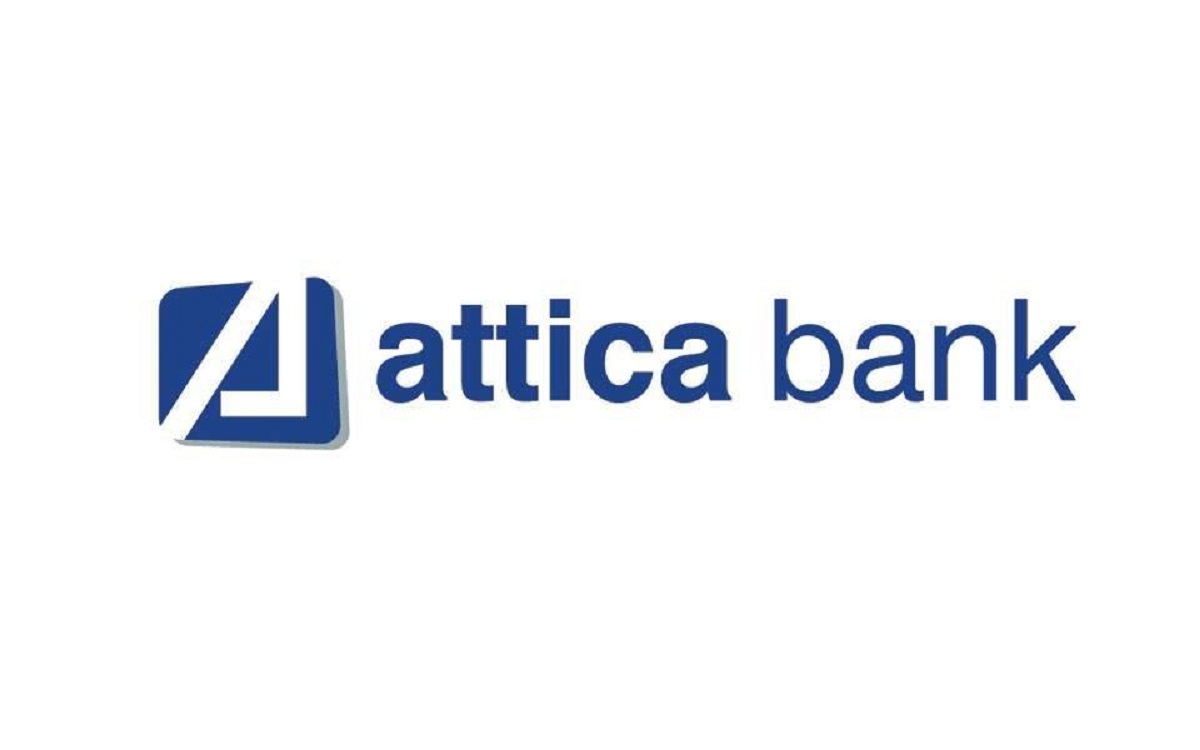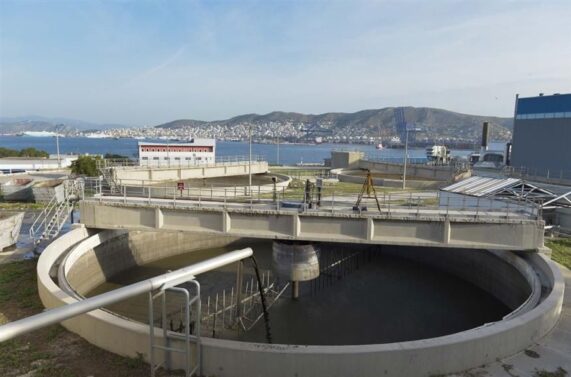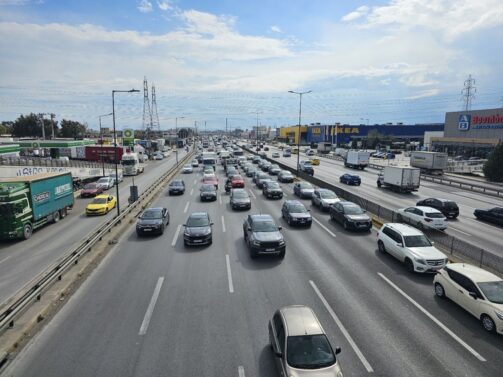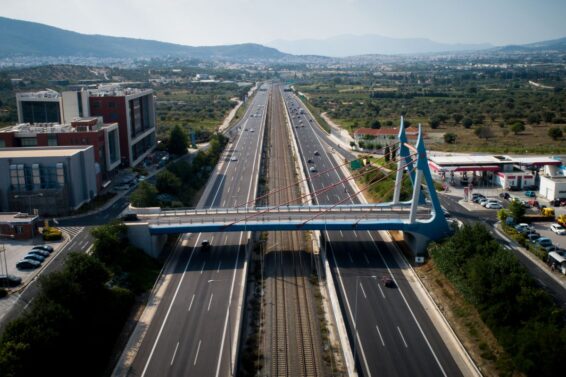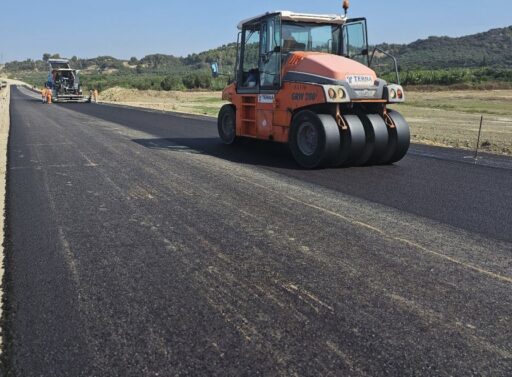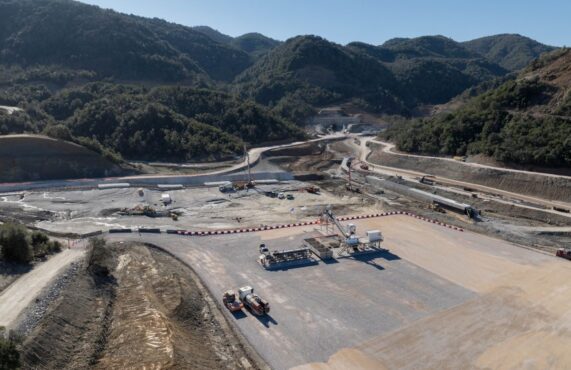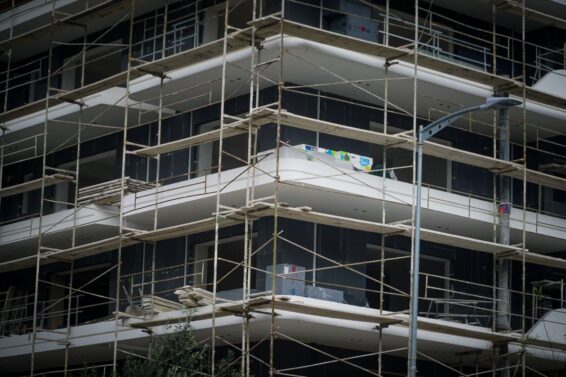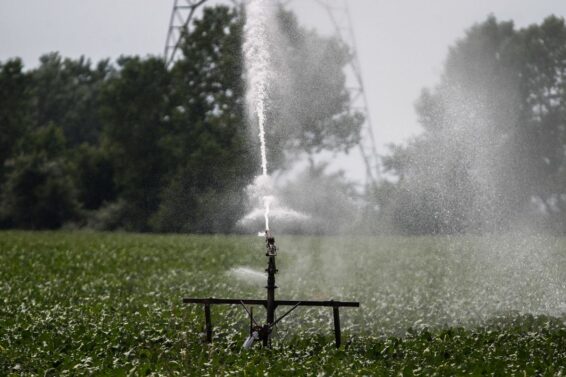The implementation of Athens’ new e-ticketing system has entered its final and most crucial stage. Since early January, the installation of barriers across the stations of Lines 2 and 3 has started, a process that is expected to be completed, quite possibly, by the end of February.
The name of the new e-ticket, that is going to be introduced in our lives soon, is ATH.ENA card, with a direct reference to the name of the city. The new card, designed according to the standards of other European cities’ e-ticketing cards, including London’s “Oyster” card, will be replacing the paper cards system dating back in the 1980s and will be released in April 2017. The last stage before becoming commercially available is its approval by the Personal Data Protection Committee.
According to information provided at Ypodomes.com, this is also an adjustment period for TfA’s bus drivers, who are attending seminars, started in the past few weeks, regarding the operation of the new system.
Nevertheless, what is not clear yet, is the policy to be followed, regarding the passengers’ entrance from the front door of the vehicle. That would also require the drivers’ involvement in the ticket inspection (as everywhere else in Europe, operating the same model) and is considered to be of vital importance for the very success of the new system. If ticket checks -upon passengers’ entrance- don’t apply, the functionality of the system will be jeopardized as passengers, who are not willing to pay, could seriously burden buses as a “free-ride” alternative to the controlled-access Athens Metro environment.
As a remedy to that scenario, TfA is examining the recruitment of 166 additional ticket inspectors. But again, what is point in investing tens of millions of euros to automatize procedures and, shortly after that, resort to a, quite possibly, old-fashioned and inefficient solution?
E-ticketing system is TfA’s hope to narrow down its immense losses, halt free-ridership and provide, for the first time, deeper comprehension of passengers’ preferences and reliable data about the network’s traffic patterns in general, that are currently either unavailable or approximations.
Nikos Karagiannis-ypodomes.com
ΜΗΝ ΞΕΧΑΣΕΤΕ
- Ακολουθήστε το ypodomes.com στο Google News και μάθετε πρώτοι όλες τις ειδήσεις για τις υποδομές στην Ελλάδα
- Αν είστε επαγγελματίας του κλάδου, ακολουθήστε μας στο LinkedIn
- Εγγραφείτε στο Ypodomes Web TV

